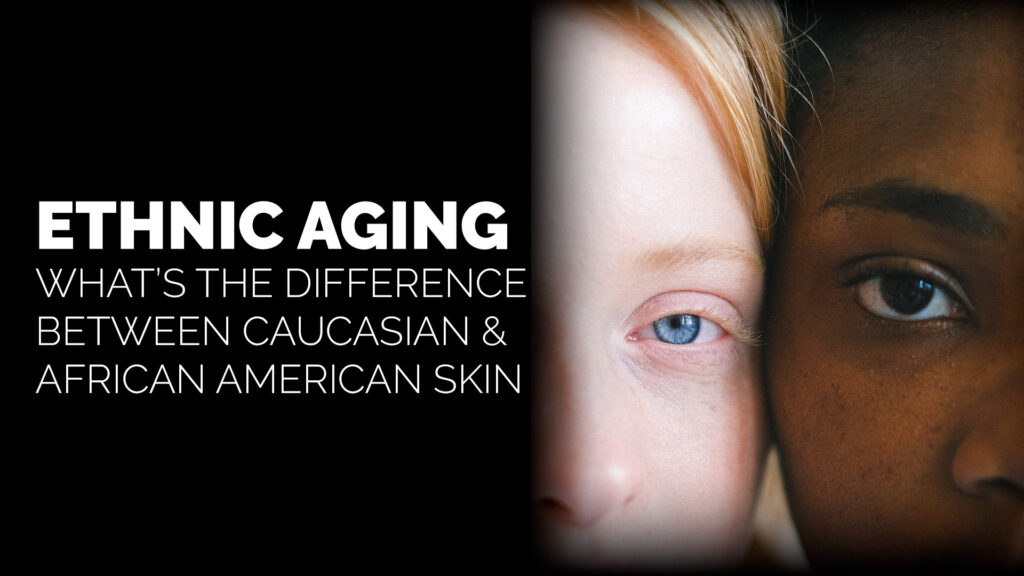
Aging is a natural process that affects all skin types, but the way that skin ages can vary depending on several factors, including ethnicity. Caucasian and African American skin are two different types of skin, and each type ages differently.
Caucasian skin tends to have a thinner epidermis and less melanin than African American skin. As a result, Caucasian skin is more susceptible to sun damage and the formation of age spots, fine lines, and wrinkles. Collagen, which provides structure and support to the skin, also decreases more rapidly in Caucasian skin, leading to sagging and a loss of firmness.
On the other hand, African American skin has a thicker epidermis and a higher amount of melanin, which provides some protection against sun damage. However, African American skin is also more prone to certain conditions, such as keloids, which are raised scars, and hyperpigmentation, which is the darkening of an area of skin. With aging, African American skin may also experience a loss of elasticity and an increase in roughness.
Despite these differences, both Caucasian and African American skin can benefit from a well-rounded skincare routine that includes the use of gentle cleansers, moisturizers, and sun protection. Additionally, a healthy diet and lifestyle, as well as avoiding smoking and excessive alcohol consumption, can help to slow the aging process.
In conclusion, both Caucasian and African American skin age differently, with each type having its own unique challenges. By taking steps to protect and care for the skin, people of all ethnicities can help to maintain a youthful and radiant appearance. However, it is important to consult with a dermatologist to determine the best approach for your individual needs and skin type.